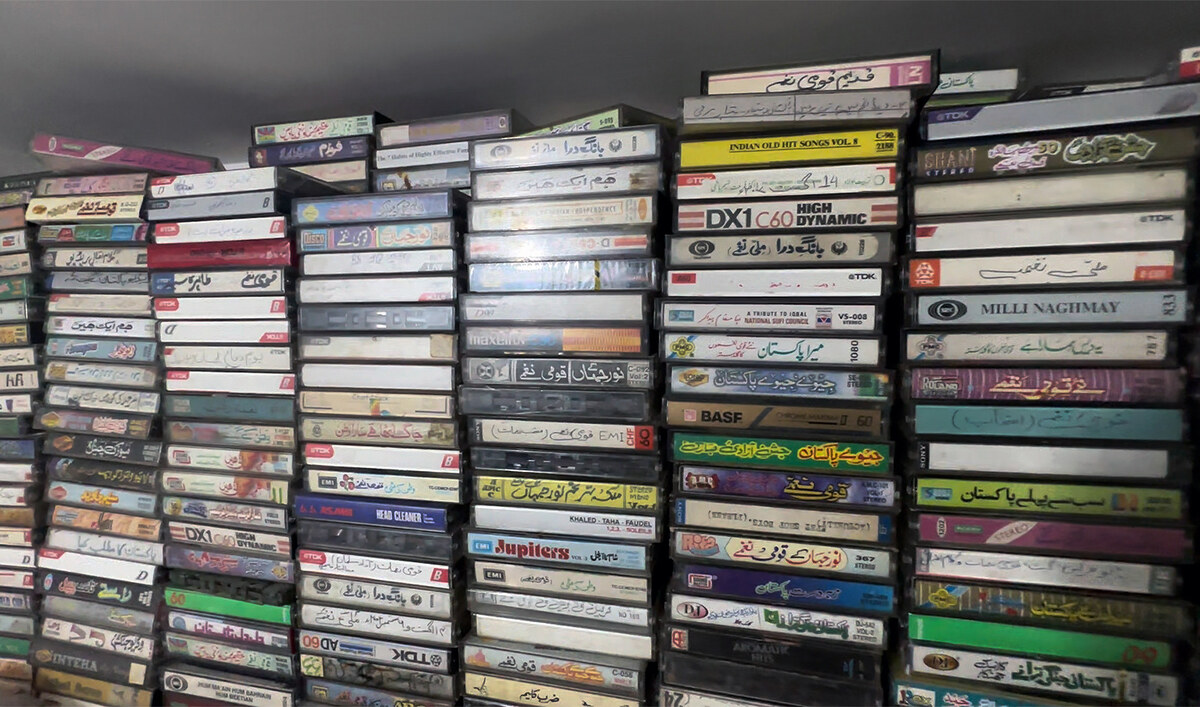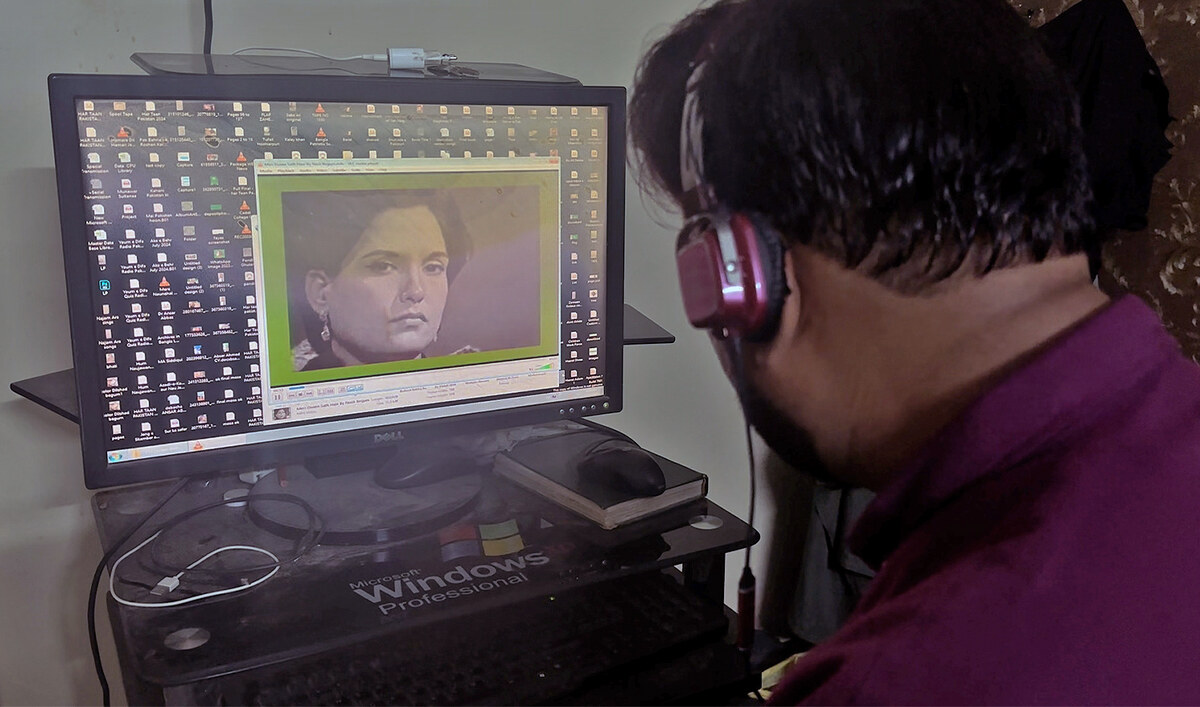ISLAMABAD: Pakistan’s economic indicators are showing positive signs, with an agenda of painful reforms and privatization on track, Prime Minister Shehbaz Sharif said on Friday, ahead of an IMF board meeting to decide on a $1.1 billion funding for the country.
The prime minister said, in an address to his cabinet that was telecast live, that exports and remittances had shown a rise within one-and-a-half month of his government.
The IMF board is meeting on Monday to decide on the disbursement of the second and last tranche of a $3 billion standby arrangement Islamabad secured last summer to avert a sovereign default.
With a chronic balance of payment crisis, Pakistan needs $24 billion in payments for debt and interest servicing in the next fiscal year starting July 1 — three-time more than its central bank’s foreign currency reserves.
The South Asian nation is seeking yet another long-term, larger IMF loan. Pakistan’s Finance Minister, Muhammad Aurangzeb, has said Islamabad could secure a staff-level agreement on the new program by early July.
If successful, it would be the 24th IMF bailout for Pakistan.
The IMF-led structural reforms require Pakistan to raise its tax to GDP ratio from around 9 percent to at least 13 percent-14 percent, stop losses in state-owned enterprise and manage its energy sector losses which run into trillions of rupees.
“It is not just for an antibiotic to work anymore. It needs a surgery,” Sharif said.
Pakistan’s finance ministry expects the economy to grow by 2.6 percent in the current fiscal year ending June, while average inflation is projected to stand at 24 percent, down from 29.2 percent in fiscal year 2023/2024.
Inflation soared to a record high of 38 percent last May.
Pakistan’s economic conditions improving, reforms and privatization on track — PM
https://arab.news/5xg9k
Pakistan’s economic conditions improving, reforms and privatization on track — PM

- Sharif says exports and remittances had shown a rise within one-and-a-half month of his government
- Pakistan’s finance ministry expects the economy to grow by 2.6 percent in the current fiscal year ending June


















